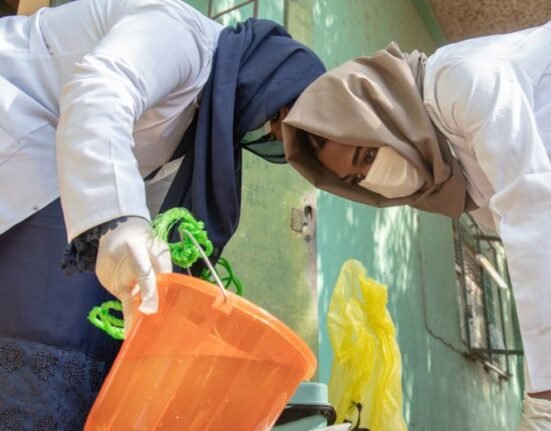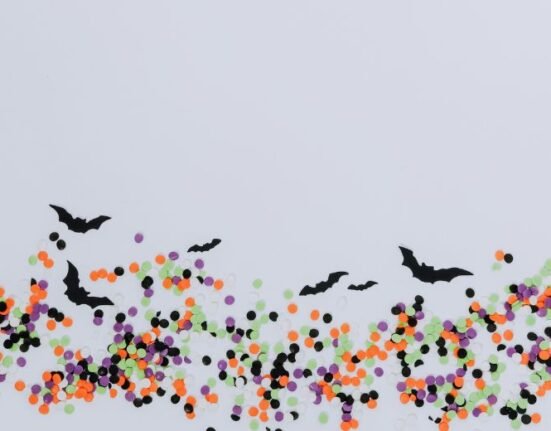HQ Team
September 21, 2023: One person died and 14 others were suspected to have botulism in France, with chances of additional cases happening within the country or outside as the disease coincided with the Rugby World Cup.
On 12 September 2023, local public health authorities in France identified a cluster of 10 cases of suspected botulism.
Within two days the National IHR Focal Point for France notified WHO of a total of 15 cases, including one death, reported in Bordeaux and Ile-de-France, according to a WHO statement.
Fourteen out of the 15 cases are reported among foreign citizens identified from six countries in addition to France.
These include Canada, Germany, Greece, Ireland, Britain, and the US.
Homemade preserved sardines
The epidemiological investigations indicated that the source of infection was the consumption of homemade preserved sardines, on different dates, at the same restaurant in Bordeaux during the week of 4–10 September 2023.
The food item was made at the restaurant for consumption on the premises.
“Due to the incubation period of up to eight days and the restaurant attracting international visitors during the Rugby World Cup, there is a possibility that additional cases among international visitors may be reported in France, or possibly outside France as travellers return home, until September 18,” according to the statement.
Of the total 15 cases, ten have been hospitalised, with eight patients admitted to an intensive care unit.
Sardines in jars
All suspected cases consumed sardines in jars on different dates at the same restaurant in Bordeaux during the week of September 4-10, 2023.
The Rugby World Cup is being held in France from September 8 to October 28 across nine venues.
Botulism is a serious neurological condition caused by a very potent toxin produced by the bacterium Clostridium botulinum.
It develops, particularly in poorly preserved foods. Human botulism may refer to food-borne botulism, infant botulism, wound botulism, inhalation botulism or other types of intoxication.
Food-borne botulism is a potentially fatal disease. It is an intoxication caused by the ingestion of potent neurotoxins — the botulinum toxins — formed in contaminated foods.
Person-to-person transmission of botulism doesn’t occur.
Flaccid paralysis
The symptoms include flaccid paralysis that can cause respiratory failure.
Early symptoms include marked fatigue, weakness and vertigo, usually followed by blurred vision, dry mouth and difficulty in swallowing and speaking.
Vomiting, diarrhoea, constipation and abdominal swelling may also occur. The disease can progress to weakness in the neck and arms, after which the respiratory muscles and muscles of the lower body are affected.
There is no fever and no loss of consciousness. Symptoms usually appear from several hours up to eight days following consumption of contaminated food.
Although botulism outbreaks are relatively rare, they are considered public health emergencies that require rapid recognition to identify the disease source and distinguish outbreak types — between natural, accidental or deliberate.
Prevention of additional cases and effectively administering treatment to affected patients would be needed.
High mortality
Successful treatment depends significantly on early diagnosis and the rapid administration of the botulinum antitoxin and intensive respiratory care.
The incidence of botulism is low, but the mortality rate is high if prompt diagnosis and appropriate, immediate treatment is not given.
The disease can be fatal in 5% to 10% of cases. The WHO recommendations for prevention include cleanliness, cooking thoroughly, keeping food at safe temperatures and the usage of safe water and raw materials.








